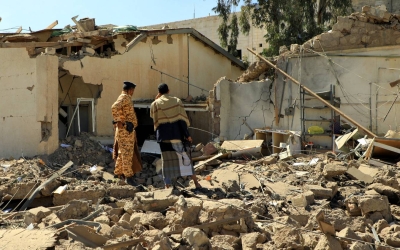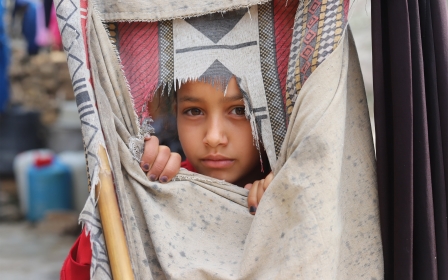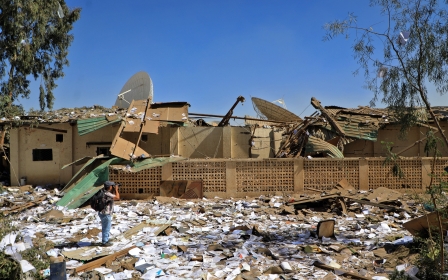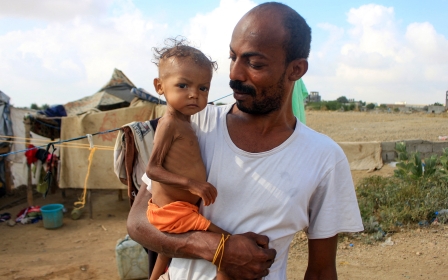UN Security Council tightens arms embargo on Yemen's Houthi movement
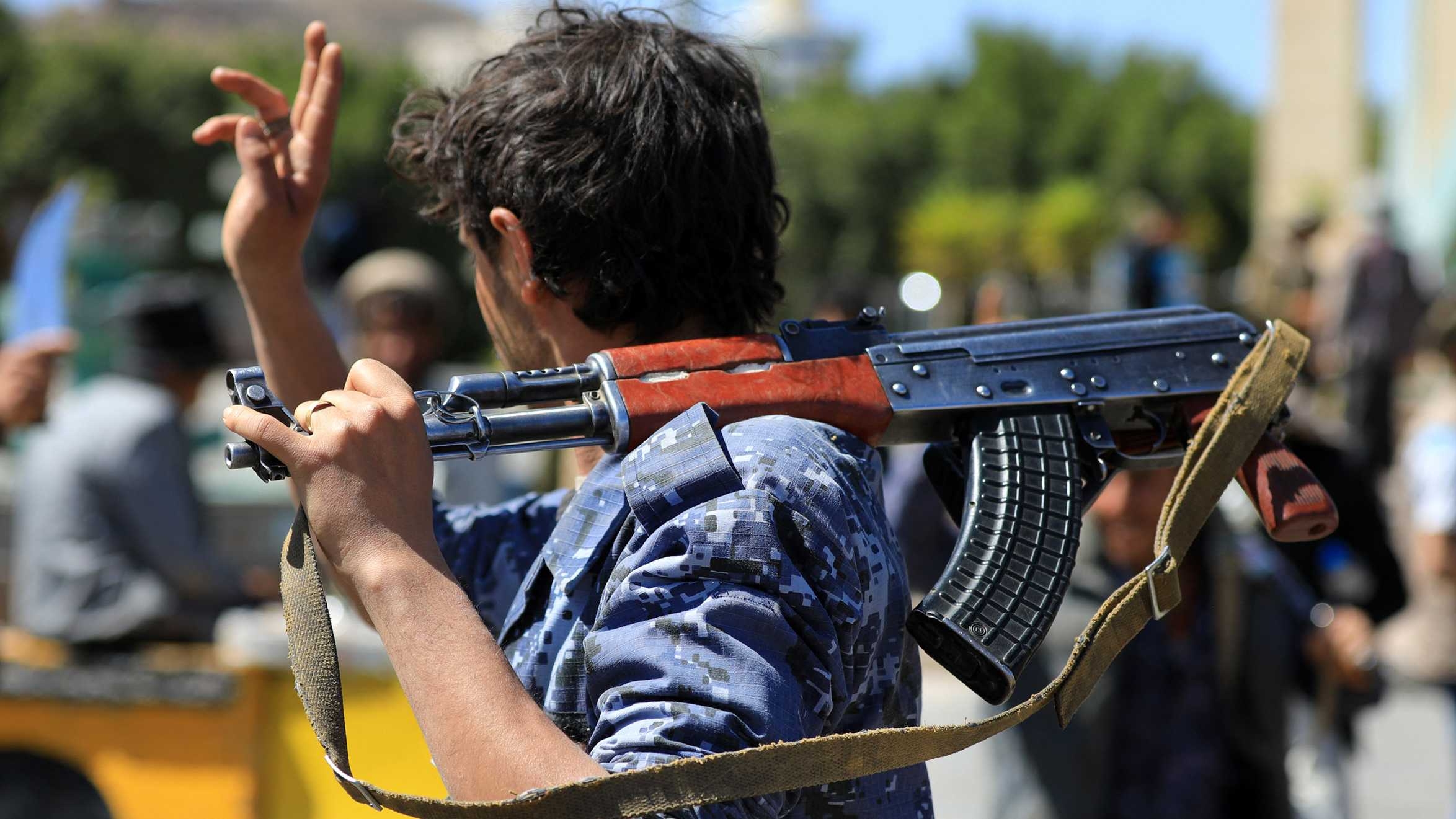
The United Nations Security Council voted to impose an expanded arms embargo on Yemen's Houthi rebels on Monday, saying they had threatened the peace, security and stability of the war-torn country.
The resolution, proposed by the United Arab Emirates, extends an embargo against the entire Houthi movement, which has been at war with pro-Yemeni government forces and a Saudi-led military coalition for nearly eight years.
Adopted with 11 votes in favour and four abstentions, the resolution describes the Houthis as a "terrorist group", a decision which led Norway to abstain because it was "worried that using such terminology, absent a clear definition, may have [a] negative impact on UN efforts to facilitate a political solution in Yemen".
"Norway is also worried about unintended humanitarian consequences of this new language and that it could negatively affect UN efforts to address large-scale humanitarian needs throughout Yemen," the Norwegian mission to the UN said in a statement.
The Emirati mission to the UN welcomed the result, saying the resolution would "curtail the military capabilities of the Houthis & push toward stopping their escalation in Yemen & the region".
However, Mohammed Ali al-Houthi, the head of the Houthi supreme revolutionary committee, criticised the decision, saying it ignored "crimes" committed by the coalition.
The vote comes days after the Biden administration issued sanctions against a network that it alleged had transferred tens of millions of dollars to the Houthis.
Washington is facing growing pressure to re-designate the Houthis as a "terrorist" group, but according to Foreign Policy, the White House has briefed the UN's top relief coordinator, Martin Griffiths, that it was putting any plans to do so on hold for the time being.
Rights groups have warned the designation could disrupt the flow of much-needed humanitarian aid to large swathes of the country, especially areas under Houthi control.
'Doesn't change much'
Diplomats who spoke to AFP on condition of anonymity said Russia's decision to vote in favour of the resolution suggested a deal was cut between Moscow and Abu Dhabi for the latter to abstain in upcoming UN votes on the Russian invasion of Ukraine.
The UAE on Friday abstained from a vote on a Security Council draft resolution that would have condemned Russia's invasion of Ukraine. A UN General Assembly emergency special session on Ukraine is being held on Monday.
Peter Salisbury, a senior Yemen analyst at the International Crisis Group, said on Twitter that the "group-wide arms embargo doesn't change much in practice", as an arms embargo was already being applied as if the entire group was targeted.
In recent weeks, Yemen has seen an escalation in fighting between the Houthis and the Saudi Arabia-led coalition that includes the UAE. Last month, a drone attack by the Houthis targeted an oil facility and airport in Abu Dhabi, killing three people.
The Saudi-led coalition responded with a series of air strikes on a telecommunications centre and a jail, killing 90 people.
More than seven years of war have devastated the lives of tens of millions of Yemenis, with the UN estimating some 24.1 million people - or around 80 percent of the population - rely on humanitarian aid and protection to survive, while 58 percent of the population lives in extreme poverty.
Middle East Eye delivers independent and unrivalled coverage and analysis of the Middle East, North Africa and beyond. To learn more about republishing this content and the associated fees, please fill out this form. More about MEE can be found here.


